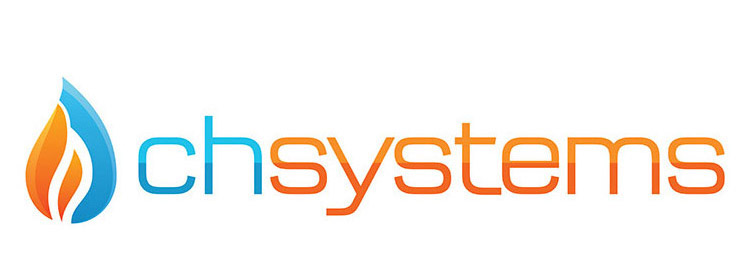Could the return of the incandescent light bulb save your business money?
Thomas Edison created the incandescent light bulb more than 130 years ago…and it was awesome. But Edison’s traditional filament bulb lost street cred in modern times and was overtaken by the more efficient LED and the more eco-friendly fluorescent bulb. Things, however, could be about to change!
Scientists at MIT reckon that they’ve found a way to make the incandescent light bulb more energy efficient. Now, you might be wondering what the big deal is because with LED or fluorescent bulbs an online purchase away, why would any business pay attention to the resurrection of the filament bulb? In a nutshell – the return of the incandescent light bulb save your business money. Here’s how:
The old-style bulb was only considered to be 5 per cent efficient, because it typically lost around 95 per cent of its energy to the air as heat. LED or fluorescent bulbs boosted that efficiency figure to 14 per cent, but the new incandescent bulb marks a potentially huge leap for energy efficiency to 40 per cent. Scientists plan to do this in a two stage process.
The first stage will stop waste heat from the conventionally heated metal filament from dissipating with the inclusion of a secondary structure surrounding the filament, which will capture the excess radiation and reflect it back to the filament to be re-absorbed and re-emitted as visible light.
The second stage will manipulate how efficiently the system converts electricity into light.
Scientists refer to their approach as “light recycling,” since their material takes in the unwanted, useless wavelengths of energy and converts them into the visible light wavelengths that are desired; recycling energy that would otherwise be wasted.
Now check this: The Energy Saving Trust calculates that a 60-watt incandescent light bulb over a year would typically cost £7.64. An equivalent energy efficient fluorescent or light bulb drops the cost to £1.53 per year, and an LED £1.27. The new MIT bulb would be expected to cost just 50p to run for a year (as reported by Bitishgas.co.uk).
In other words, it’s in the best interests of your business for the buffs and MIT to get this incandescent bulb thing right! Little savings add up, especially when there’s lots of light to be used. We’ll keep you posted…
For more on the science and the research of the MIT project, CLICK HERE.
If you’d like further information, feel free to contact the CH Systems team on 0208 302 8149 or info@chsystems.cc.
Source: Britishgas.co.uk – “The return of the incandescent light bulb”


